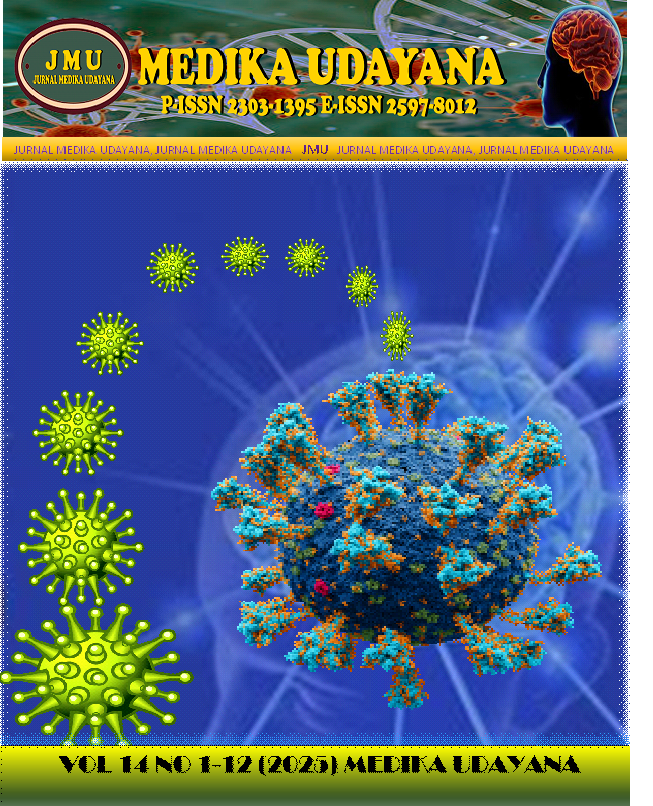THE RELATIONSHIP BETWEEN CAFFEINATED BEVERAGE INTAKE AND MENSTRUAL CYCLES IN MEDICAL FACULTY STUDENTS OF UNIVERSITAS MUHAMMADIYAH SUMATERA UTARA
Abstract
The World Health Organization (WHO) states that the problem of menstrual disorders with the highest prevalence is irregular menstrual disorders around 80.7%, experiencing premenstrual syndrome (PMS) 54%, irregular menstrual duration 43.8%, dysmenorrhea 38 .1%, polimenorea 37.5% and oligomenorrhea 19.3%. In 2019 the National Coffee Association United States stated that there was an increase in caffeine consumption in adolescents aged around 18-24 years. Caffeine can be contained in coffee, tea, milk, soft drinks, chocolate and even medicines. Side effects that will be caused by caffeinated drinks include insomnia, tremors, palpitations, headaches, nausea, vomiting, anxiety and will cause dependency effects. Caffeine consumption can also affect the menstrual cycle. The purpose of this research is to determine the relationship between caffeinated drinks intake and the menstrual cycle in female students at the Faculty of Medicine, UMSU. This research is an analytic descriptive study with a cross-sectional research design, which means that the research object will be observed only once and variables will be measured during the examination. Based on the results of the study there was a significant relationship between consumption of caffeinated beverage intake and the menstrual cycle in female students of the Faculty of Medicine, Muhammadiyah University, North Sumatra. There is a relationship between intake of caffeinated beverages and the menstrual cycle in UMSU Medical Faculty students











